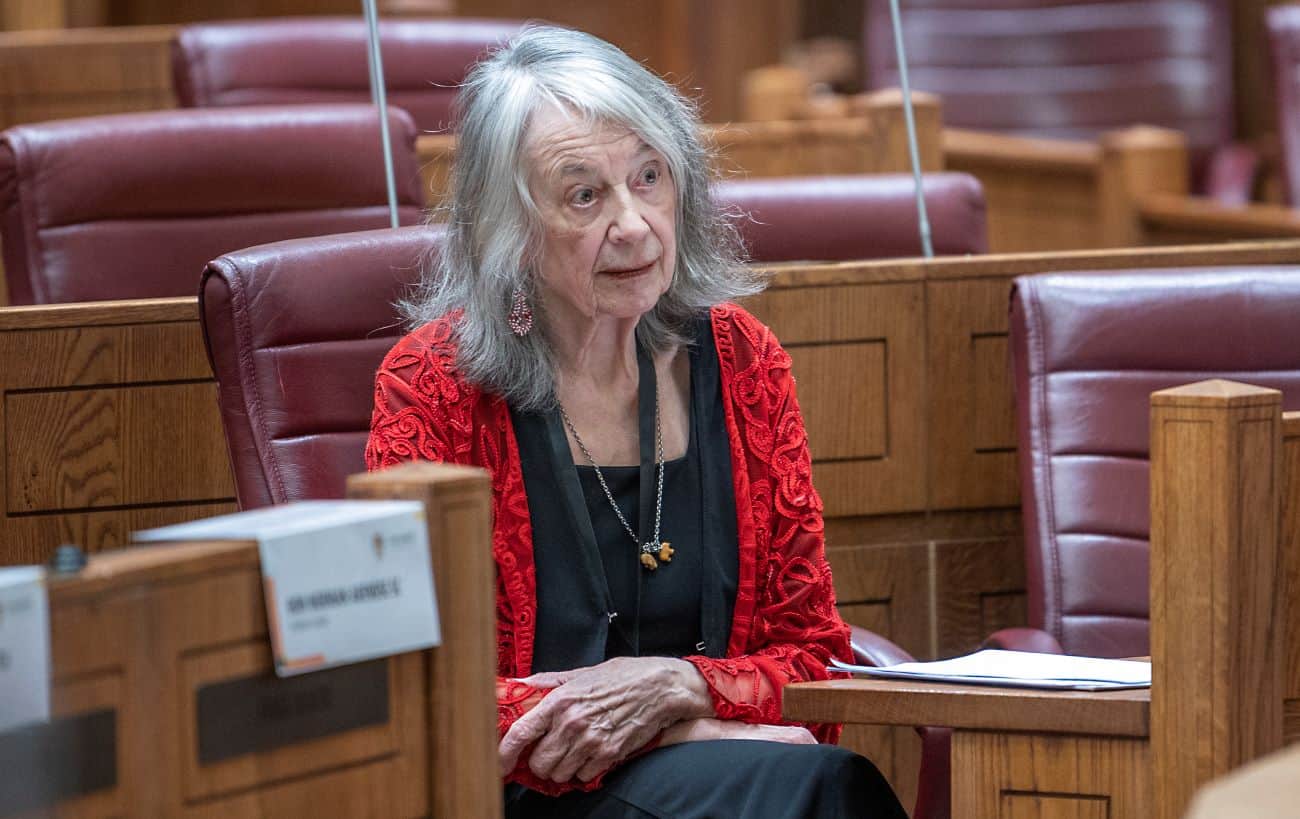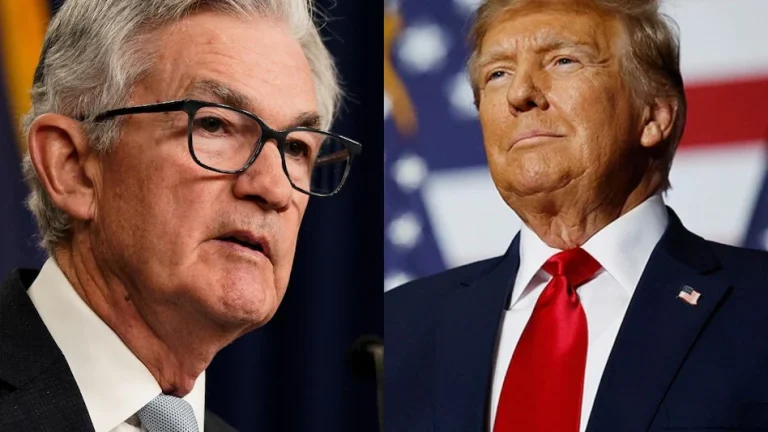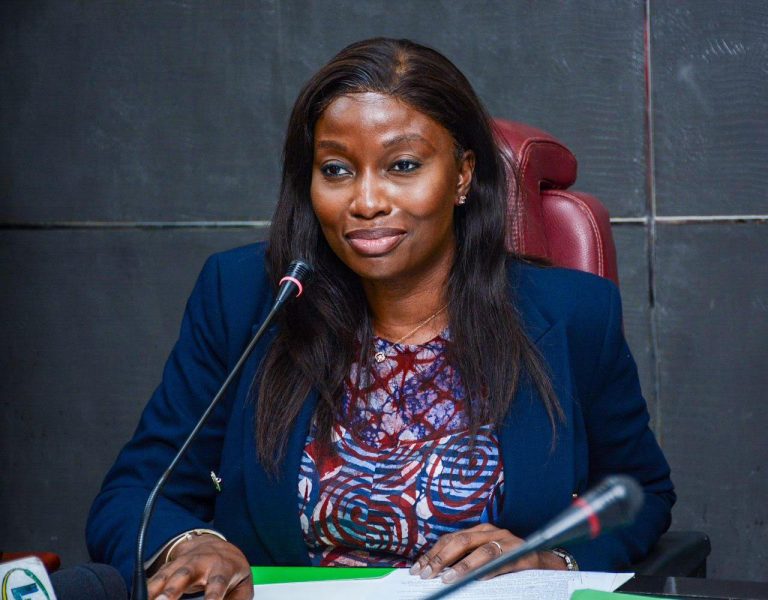
Human rights activist Doctor Mary de Haas is one of the witnesses before parliament’s ad hoc committee who has supported suspended police minister Senzo Mchunu’s decision to disband the political killings task team (PKTT).
When Mchunu appeared before the committee, Mchunu cited budgetary constraints, the existence of murder and violent crime units and complaints from De Haas, among others, as reasons for the PKTT disbandment.
“When I wrote the directive, it was because now you have a new structure that caters for the further need of the PKTT, but you are going to find that those people who are in the murder and robbery unit approved in 2019 and again in 2024, are going to sit and not do their work because the PKTT is there,” Mchunu said at the time.
“That’s what you’re finding in Gauteng. They have these units, such as those focused on serious and violent crimes and organised crime. If you establish a PKTT in Gauteng, it means you’re putting them over and above organised crime units and serious and violent crime units.
ALSO READ: Trigger-happy police have no accountability in KZN – experts
“What you’ll do is to pull people into the PKTT and those who remain in the other units will have nothing to do. You’re going to be piling people in an undefined situation and you’re not going to be effective on the ground because you’re piling people for the same task.”
PKTT ‘stirred controversy’
De Haas told the committee Mchunu couldn’t have disbanded the PKTT fast enough, amid the controversy it had been stirring.
“The PKTT’s work has stirred controversy, amid allegations it has been selective when making arrests and questions have been raised about the quality of its investigations, which have had little impact on exposing those behind the violence. Their work is not transparent,” said De Haas.
“My problem with the task team is, I have never known how they define political killings. I have known them to take dockets that have nothing to do with politics. I have no idea what base they’re working from. Where are the dockets? Even now, I’m battling to work out which dockets they took and which they didn’t.”
She said families had informed her their relatives were being abused by the PKTT to get them to make statements.
ALSO READ: PKTT should not have been disbanded without proper consultation, another witness says
“The abuses people were independently reporting to me – emotional and physical. There was the use of tubing. Many police officers do it, but it’s almost the norm, according to what everybody who encountered the task team has spoken of,” she said.
“Emotional and psychological abuse, which they tend to use more often on the police officers they targeted. The emotional abuse was extreme. I’ve listened to it. One person was harassed into delivering false evidence against a former uMkhonto weSizwe member [not the political party].
“They seize phones and search houses without warrants – these are very common practices. This is illegal. The fabrication of evidence is a serious problem. Fabrication of evidence was a common practice.
“I’m hearing horror stories. Humans suffering. Dreadful stuff.”
‘Cele involved in PKTT matters’
She further contradicted national police commissioner Fannie Masemola’s testimony when he said former police minister Bheki Cele never issued directives to the PKTT.
“Cele was involved in operational matters. I knew this; everybody knew he was involved in operational matters,” said De Haas.
She said when she called a task team member to inquire who was running the task team, he told her it was Cele.
“In the Sindiso Magaqa case, I know this from Crime Intelligence itself, as leaked to the media, that Crime Intelligence had supplied the money for the guns that were used to attack three people in KwaZulu-Natal (KZN), including Sindiso Magaqa,” she said.
“This information was contained in a report prepared by the head of Crime Intelligence and intended for Bheki Cele, instead of the national police commissioner.”
‘Mkhwanazi, Khumalo did nothing’
De Haas said the story of whistleblower Thabiso Zulu, who was a friend of Magaqa, is a testament to how selectively police pursue cases.
“Thabiso Zulu got into trouble after going to the Moerane commission to testify about what happened to Sindiso Magaqa,” she said.
“He got security threat assessments from the police. Even though the Public Protector said he needed protection, he didn’t receive it. He was narrowly almost killed in 2019 and the police started harassing him and maliciously charging him. He has been in hiding most of the time.”
ALSO READ: Brown Mogotsi alleges Zulu King and Mkhwanazi suspected of working for CIA
She said in 2021, the PKTT went to Zulu and informed him they were investigating a case of assault he had opened.
“They used that to seize his two cell phones without a court order. They maliciously charged him again after my intervention, including talking to General Dumisani Khumalo and writing to General Nhlanhla Mkhwanazi. Nothing ever happened,” she said.
“None of the cases Thabiso Zulu opened got to court. There is evidence, especially in the attempted murder and that’s a political case.”
‘Cele told people not to talk to me’
Mkhwanazi never responded to her letter regarding this matter, she said.
“I’ve written a lot of letters to him, including about what happened in July 2021, when he wasn’t around. He was nowhere to be found, not even on the phone, when the place was looted and burning.”
She said she later heard that Cele was going around telling police officers not to talk to her.
“Maybe General Mkhwanazi had heard orders from Bheki Cele not to talk to me,” she said.
When asked if she had verified all these horror stories about the PKTT, she said she had not.
“I can only talk to people directly and corroborate. I’ve tried to verify everything, but I obviously can’t. How can I check whether they’re guilty or not? I can’t until the case gets to court and they’re dragging these cases out.”
READ NEXT: ‘Bizarre’: Police implicated in shootings on PKTT members, Madlanga commission hears



